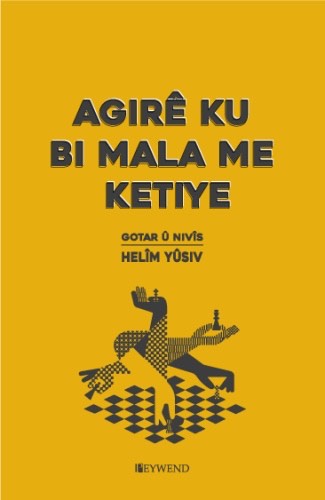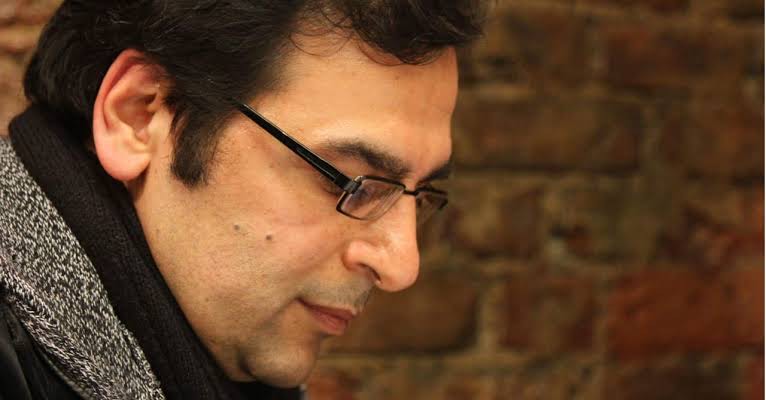Kurdshop- Two new books by Halim Yousef have been published by Paywand Press.
One of these books, “The Fire That Burned Our House, “consists of writings and articles by Halim Yousef.

The fire this book is talking about is the fire of assimilation. Halim Yousef exposes himself to this increasingly hot fire and writes. With these articles, positions, writings, and evaluations, he highlights the situation of writing, publishing, translation, criticism, politics, and culture and discusses his own examples and experiences and the relationship between literature and society.
In addition to presenting a lot of information about the activities, personalities, books, and events of the past twenty-five years, he tries to determine the image of Kurdish literature from the general perspective of world literature. This book is such a journey through the fields of Kurdish literature of our time, that all participants will find their desire. Because fun language and clear content come together, every reader can be a part of this unique journey.

The second book “I Am the Son of Two Thousand and Six Hundred Years of Dust,” consists of 40 interviews with Halim Yousef conducted at different times and dates.
In the interviews, which have been conducted with him during his thirty years of writing activities, through the view of a writer (who has been active in Kurdish culture both through his works and personal contributions), one can see a detailed assessment of the most important literary, political, and social events.
Readers of this book can learn important information about the general view of Kurdish literature. You can also know all the details of Halim Yousef's life, works, opinions, and commentaries.
40 interviews, is an attempt to open 40 doors and hundreds of windows in front of Kurdish literature. A Literature trapped within walls of prohibition, oppression, and genocide.









